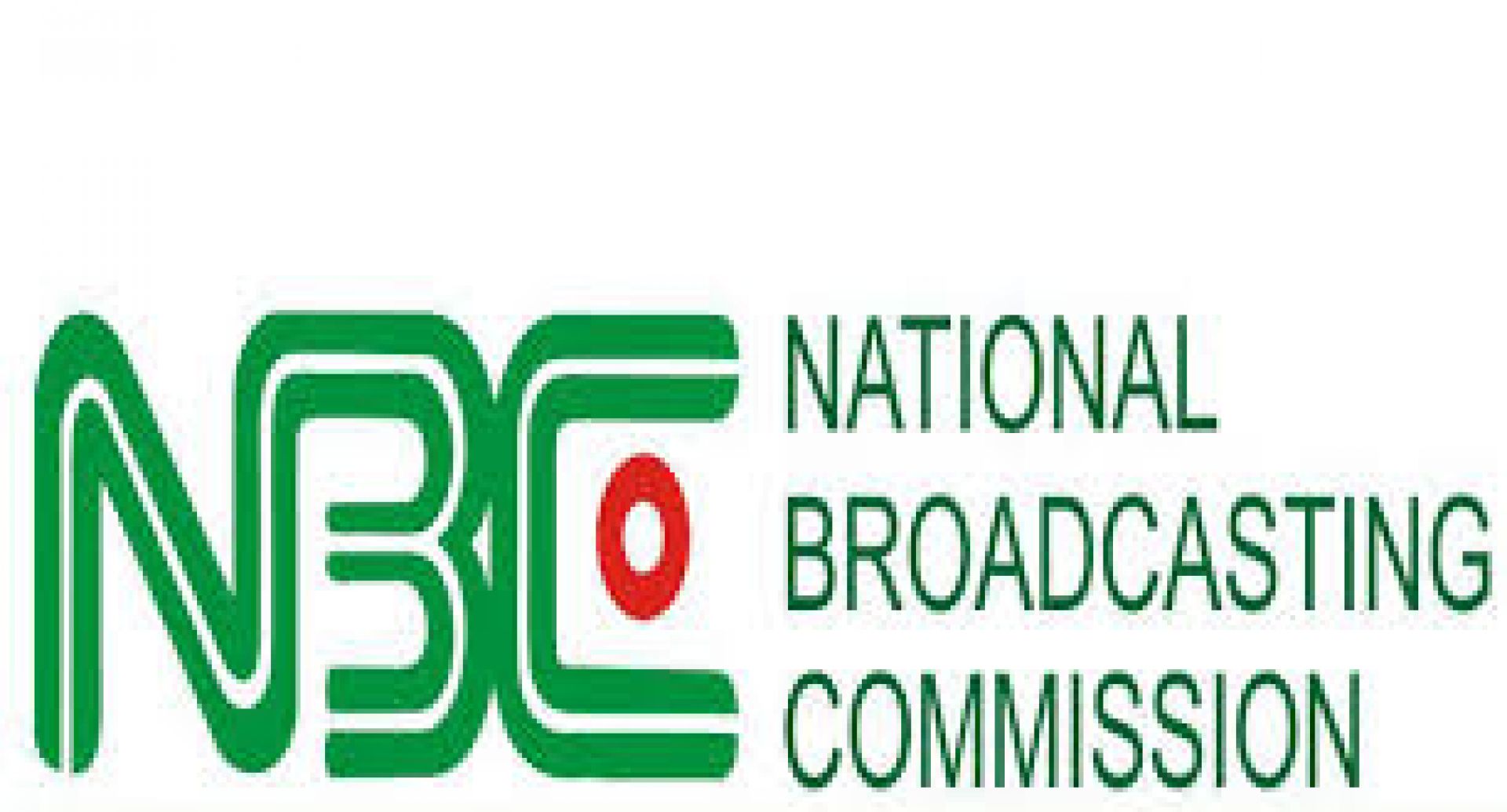No to ‘Hate Speech’ Fine
The National Broadcasting Commission (NBC) recently reviewed its 6th National Broadcasting Code which, among other punitive measures, raised the fine payable for ‘hate speech’ on radio or television from the previous N500,000 to five million Naira. This fine has been ratified in spite of opposition from civil society organisations and the media. Defending the hike, […]

National Broadcasting Commission (NBC)
The National Broadcasting Commission (NBC) recently reviewed its 6th National Broadcasting Code which, among other punitive measures, raised the fine payable for ‘hate speech’ on radio or television from the previous N500,000 to five million Naira.
This fine has been ratified in spite of opposition from civil society organisations and the media. Defending the hike, the Minister of Information and Culture, Mr Lai Mohammed, said the previous fine was too low and not enough deterrence for broadcasters, hence government had to hike it to prohibitive five million Naira.
- NBC fines Nigeria info FM N5m over Mailafia’s ‘inciting views’
- Why we increased hate speech fine to N5m — Lai Mohammed
The minister argued thus: “What motivated the amendment was that when the fine was N500,000, we saw the provision being violated at will because the amount was very easy to pay,” saying other countries like Chad, Iceland, and South Africa have imposed stringent measures, including tinkering with internet speed, in order to curtail hate speech.
There are several other aspects of the review of the broadcasting code that are contentious, but that of ‘hate speech,’ smacks of a deliberate attempt to enforce measures in the Hate Speech Bill which the National Assembly has not been able to pass into law because of its rejection by a cross-section of the Nigerian public.
Being described as arbitrary and draconian, what the new code intends to do is to muzzle broadcast media and deny Nigerians of a cardinal fundamental human right – freedom of speech.
What is ‘hate speech’? Cambridge Dictionary defines it as “public speech that expresses hate or encourages violence towards a person or group based on something such as race, religion, sex, or sexual orientation”.
It is defined by other authorities as a phenomenon that is “usually thought to include communications of animosity or disparagement of an individual or a group on account of a group characteristic such as race, colour, national origin, sex, disability, religion, or sexual orientation.”
However, since the 6th National Broadcasting Code was put in place under the regime of President Muhammadu Buhari, most of the cases for which broadcast media have been fined did not meet the criteria of ‘hate speech’ identified by experts.
In most cases, critics of government on television, radio or online broadcast platforms were branded as peddlers of ‘hate speech’ and made to pay fines to NBC.
Most of such cases became very contentious to the point that television and radio stations, which were shut down for alleged anti-government broadcast, had to resort to the court of law.
As being implemented in Nigeria, criticism of government’s policies, actions or failures are being misinterpreted or misconstrued to mean ‘hate speech.’ It is not.
In a democracy, the people have the fundamental right to criticise government or oppose government policies.
The media have the fundamental right to hold government accountable for its actions or failure to act in a manner that would ensure security and the well-being of the people.
Section 22 of the 1999 Constitution specifically states that “press, radio, television and other agencies of the mass media shall at all times be free to uphold the fundamental objectives contained in this chapter and uphold the responsibility and accountability of the government to the people.”
Any broadcasting code that attempts to take away this responsibility from the media is in breach of the country’s constitutional provision and should not be accepted.
Countries that have implemented ‘hate speech’ laws are those where hate crimes are prevalent.
In Nigeria, this is not the case. Here, government is faulted by media for acts that violate tenets of democracy, failure to tackle insecurity, injustice, and overwhelming corruption.
These are legitimate concerns in any democracy which can be accommodated under freedom of expression.
We call on the minister and NBC, not only to scrap this five million Naira fine, but also to discontinue the extortionist fine for what is wrongly categorised as ‘hate speech.’
The measure is being put in place to stifle the media. It must be rejected in its entirety.
